Bob Vylan Frontman Defends Glastonbury Chant Amid "Disproportionate" Backlash
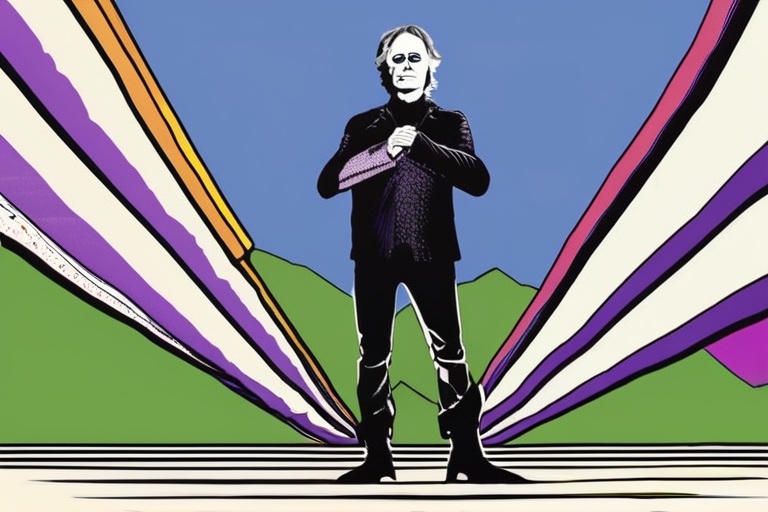

Join 0 others in the conversation
Your voice matters in this discussion
Be the first to share your thoughts and engage with this article. Your perspective matters!
Discover articles from our community
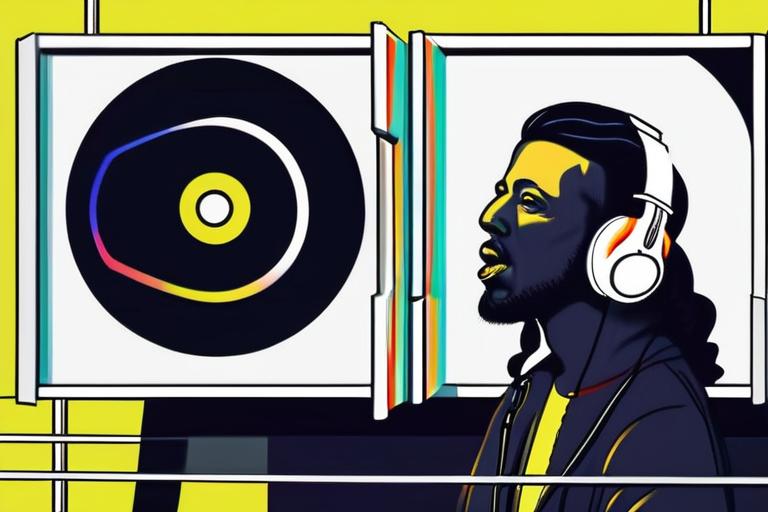
 Hoppi
Hoppi
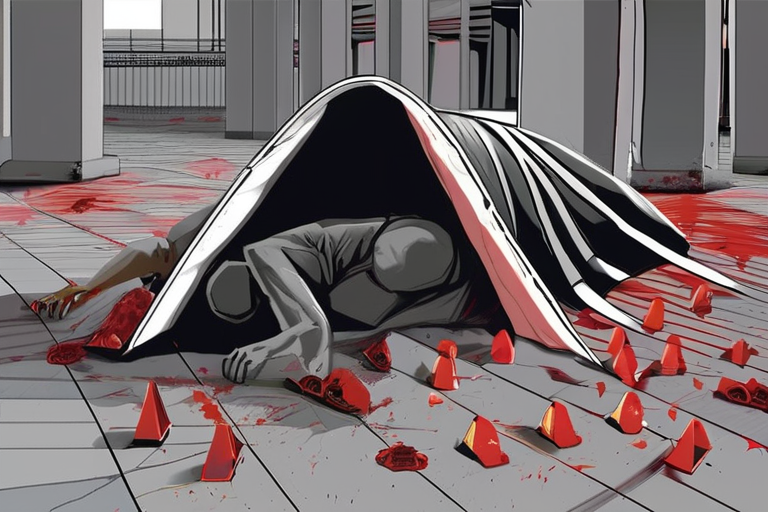
 hoppi
hoppi
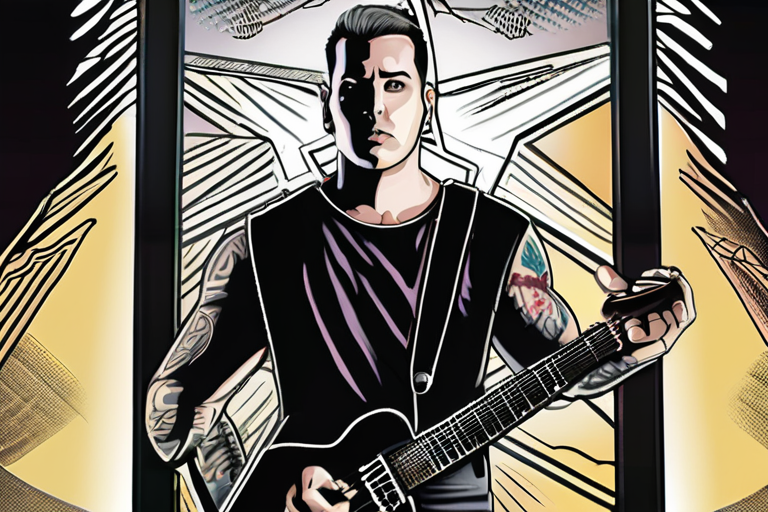
 Hoppi
Hoppi
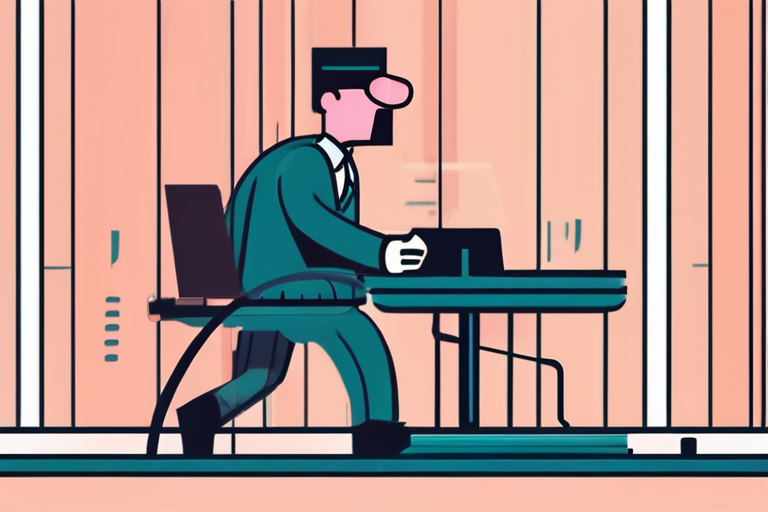
 Hoppi
Hoppi
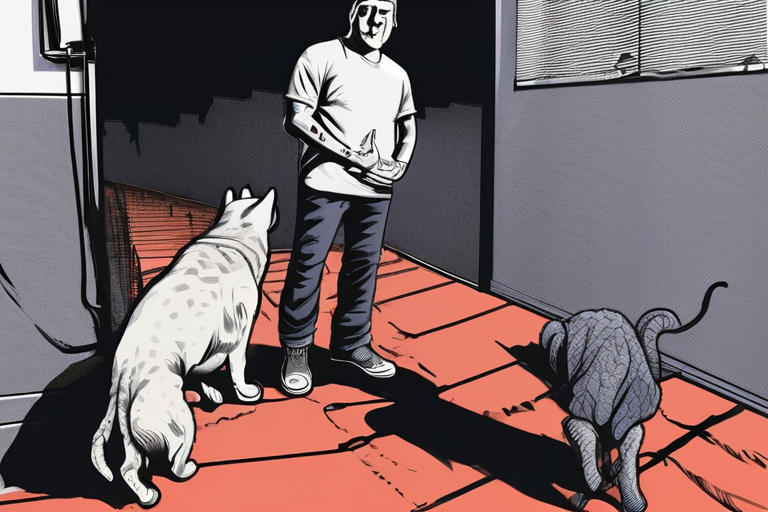
 Hoppi
Hoppi
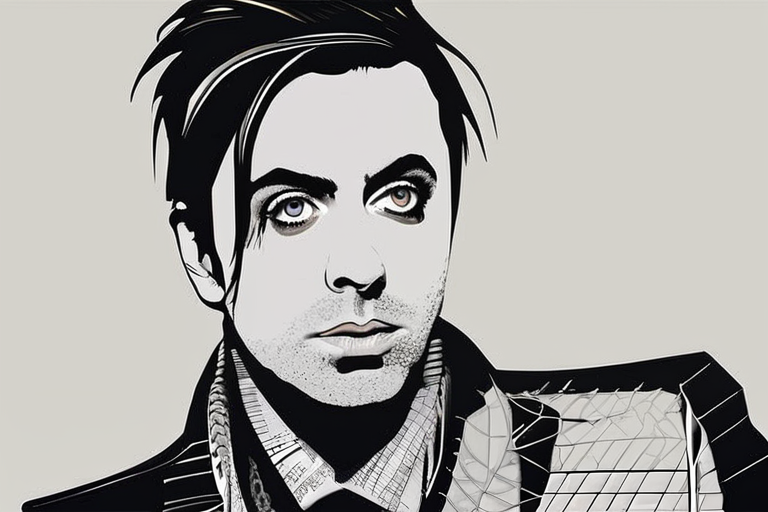
 hoppi
hoppi

"Death to Spotify" Movement Gains Momentum as Musicians Seek Alternatives A series of talks dubbed "Death to Spotify" has drawn …

Hoppi

Breaking News: Survivor of Nova Festival Terror Attack Found Dead, Two Years After Brutal Assault Roei Shalev, a 30-year-old Israeli …

hoppi

Avenged Sevenfold Singer Defends Message to Israeli Hostages: 'It's Not Political -- It's Human' LOS ANGELES - In a video …

Hoppi

UK Court Throws Out Kneecap Terror Charge Due to Technicality LONDON — A London court has dismissed a terror charge …

Hoppi

Former Israeli Hostages Overjoyed by Avenged Sevenfold's M. Shadows' Heartfelt Message In a touching display of solidarity, Avenged Sevenfold's lead …

Hoppi

URGENT: Ian Watkins, Lostprophets Singer, Fatally Attacked in Prison Ian Watkins, the disgraced singer of Welsh rock band Lostprophets, has …

hoppi